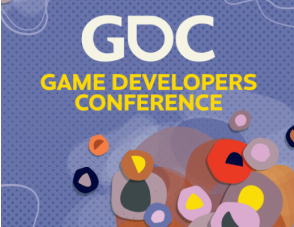All the headlines at GDC (Game Developer Conference, San Francisco) last month were about AI and Facebook and Epic. But on the floor, there was another trend under discussion. Developers are becoming increasingly concerned about how hard it is getting new games to market.
— by Jens Lauritzson, CEO Flexion
The announcement by Playtika, a few weeks before the show, that it will stop launching new games had many sitting up and taking notice. Despite 2022 revenues being up, the company says the marketing landscape is too tough for new games. Cost per install (CPI) is too high, making game launches too risky.
Meanwhile we have a former Apple App Store games editor saying that the store is a “confusing mess” and accusing Apple and Google of not reinvesting in games. This was something that resonated with many developers I talked to at GDC.
Epic’s game Fortnite famously bypasses the big app stores altogether, and markets directly to players. At GDC, Epic announced the launch of its Unreal Engine for Fortnite (UEFN), which will allow content creators more control of gameplay and assets. This caught the eye of many creators looking for alternatives to the conventional app stores.
We’re well and truly on the path to a post-app-store world where developers look for lower-risk avenues to market. And everyone is keen to maximise revenue from existing IP, to wring more out of the games that are already successful.
One option many are considering is to outsource the marketing altogether. Models already exist where CPI is paid for out of revenue and so return on investment is guaranteed. This is a model Flexion already uses in taking Android games into the alternative app stores (Huawei’s AppGallery, the Samsung Galaxy Store, the Amazon Appstore, the ONE store). Developers are adding significantly to their revenue. Rather than bypassing Google and Apple, the alternative stores offer a way to add revenue streams with little effort. That changes the RoI calculation and makes games more viable.
I was certainly getting enormously positive feedback at GDC when I explained to developers that Flexion is planning to make significant investment taking new developers into the alternative stores. They were grabbed by the proposition: take an Android game and add to its revenues, letting Flexion take on the pain of marketing.
Flexion has moved away from being a distribution engine and is already a place to go for expertise in games marketing. It has already reacted to shifts in conventional UA (user acquisition) and has moved towards new tools like influencer marketing.
And Flexion is going beyond app stores – through its partnership with Digital Turbine, it offers developers a route to market via Telcos, potentially a more lucrative proposition.
I believe we’ll look back at this year’s GDC and see it as a watershed moment. Developers are finally starting to kick their addiction to Apple and Google and are looking at new possibilities.
